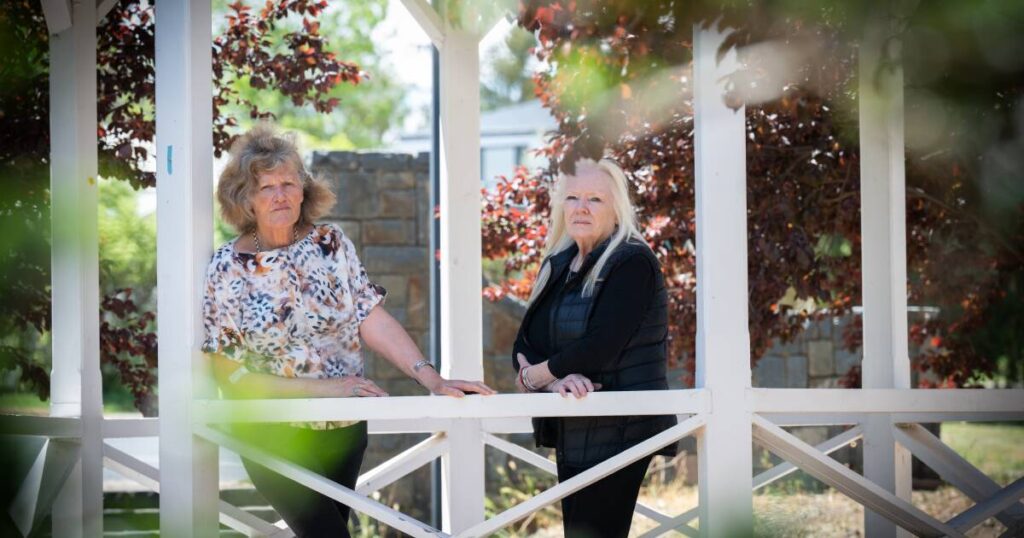
Residents of Oaks Estate are cautiously optimistic about the new ACT government’s Strategic Plan 2025-2030, but skepticism remains about its real-world impact. While the plan has been welcomed in the community, many wonder if the promises will translate into tangible changes in their daily lives.
In the sunlit Gillespie Park, the community gathered to discuss the government’s 27-page document, which outlines future plans for the suburb nestled on the edge of Canberra, near Queanbeyan. Despite the positive reception, residents voiced concerns about whether the government’s commitments will be fulfilled once the initial excitement fades.
Fiona MacGregor, president of the residents’ association, expressed a desire to maintain dialogue with the government regarding the plan’s implementation. “We want to keep engaging with the government about the implementation of the plan,” she stated, noting that the association had yet to form a collective view.
Community Concerns and Government Promises
Residents have long highlighted issues such as a lack of dedicated school bus services, uncontrolled dogs, aggressive behavior, and illegal waste dumping. The ACT government’s plan addresses some of these concerns with specific promises, such as increased patrols to manage roaming dogs and ensure compliance with pet regulations.
However, other aspects of the plan remain vague, with commitments to “explore” options like engaging a mobile veterinary service. Bronwyn Spackman, the residents’ association secretary, criticized the plan for its lack of concrete promises, describing it as “typical government fluff.”
“There are too many vague intentions rather than definite promises in the government’s plan,” Spackman noted.
Social Housing and ‘Salt and Pepper’ Policy
One of the most pressing issues for Oaks Estate residents is the uncertainty surrounding social housing. The community is home to a significant number of individuals with “multiple and complex needs,” often concentrated in certain housing blocks. The current project, managed by Vinnies, faces an uncertain future as its contract is set to expire next year.
The government’s plan mentions exploring opportunities to continue funding the Community Inclusion Program beyond June 2026, but this is contingent on future budget processes. This lack of assurance has left residents like MacGregor concerned about the future support for vulnerable community members.
“That contract will run out in eight months. In the report, they’re not saying categorically that they’re going to re-fund the social inclusion program run by St Vincent de Paul or any other agency,” MacGregor emphasized.
The ACT government’s “salt and pepper” approach aims to integrate different types of housing to reduce concentrations of disadvantage. However, Oaks Estate residents argue that this policy has not been applied effectively in their suburb, where nearly half of the properties are public housing.
Looking Forward: Challenges and Opportunities
The announcement of the strategic plan comes after years of complaints from the community. Residents question why the government has taken so long to respond to their needs. Spackman pointed out the lack of an asset management plan for public housing as a significant oversight.
“I beg your pardon! They’re going to look at devising an asset management plan? How have they been managing these assets then? No maintenance is done down there,” she remarked.
Safety concerns also persist in the community. MacGregor shared a personal anecdote illustrating the impact of local disturbances on her family, highlighting the need for effective solutions to improve the quality of life in Oaks Estate.
As the community awaits further developments, the ACT government’s plan represents a step towards addressing long-standing issues. However, the residents remain vigilant, hoping for concrete actions that will bring lasting change to their suburb.






